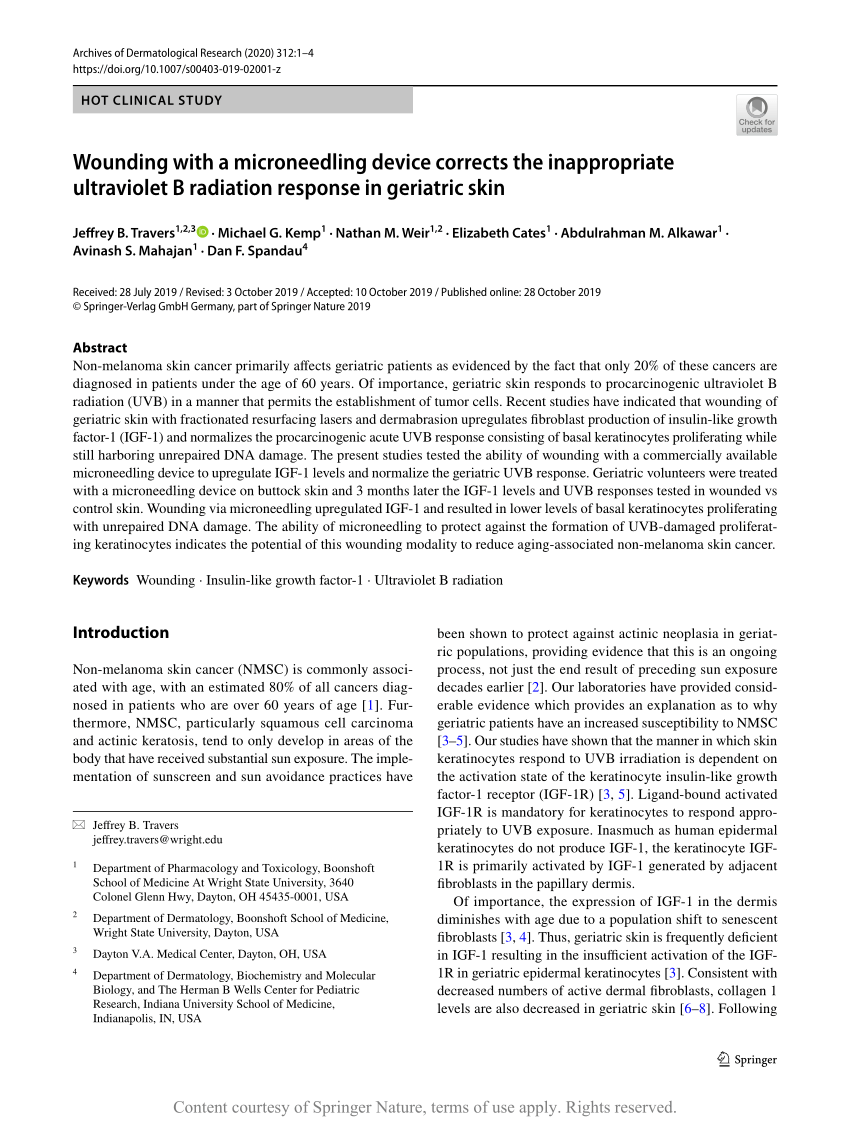- Reaction score
- 180

The expression of insulin-like growth factor 1 in follicular dermal papillae correlates with therapeutic efficacy of finasteride in androgenetic alopecia - PubMed
In a small uncontrolled study of 9 patients with Androgenetic Alopecia, an increased expression of IGF-1 messenger RNA levels in the DP was associated with patient response to finasteride.
So how do we increase IGF-1? Suplementing with selenium and/or coenzyme q10 are some ways:
Increase in insulin-like growth factor 1 (IGF-1) and insulin-like growth factor binding protein 1 after supplementation with selenium and coenzyme Q10. A prospective randomized double-blind placebo-controlled trial among elderly Swedish citizens - PM
Insulin-like growth factor-1(IGF-1) has a multitude of effects besides cell growth and metabolism. Reports also indicate anti-inflammatory and antioxidative effects. The concentrations of IGF-1 decrease with age and during inflammation. As selenium ...
Supplementing with zinc also helps:

The influence of zinc supplementation on IGF-1 levels in humans: A systematic review and meta-analysis
The effect of supplementation with zinc on levels of IGF-1 remains relatively unexplored, and many of previous studies have reported equivocal finding…
Microneedling increases IGF-1 locally.
Comprehensive molecular characterization of microneedling therapy in a human three‐dimensional skin model
Background and objectives Microneedling therapy is a widely used technique in dermatology. However, little is known about the underlying molecular effects of this therapy on extracellular matrix remodeling, wound healing, and inflammation. The aim of this study was to examine morphological and...

Wounding with a microneedling device corrects the inappropriate ultraviolet B radiation response in geriatric skin | Request PDF
Request PDF | Wounding with a microneedling device corrects the inappropriate ultraviolet B radiation response in geriatric skin | Non-melanoma skin cancer primarily affects geriatric patients as evidenced by the fact that only 20% of these cancers are diagnosed in patients... | Find, read and...
Let's discuss.
Last edited:

